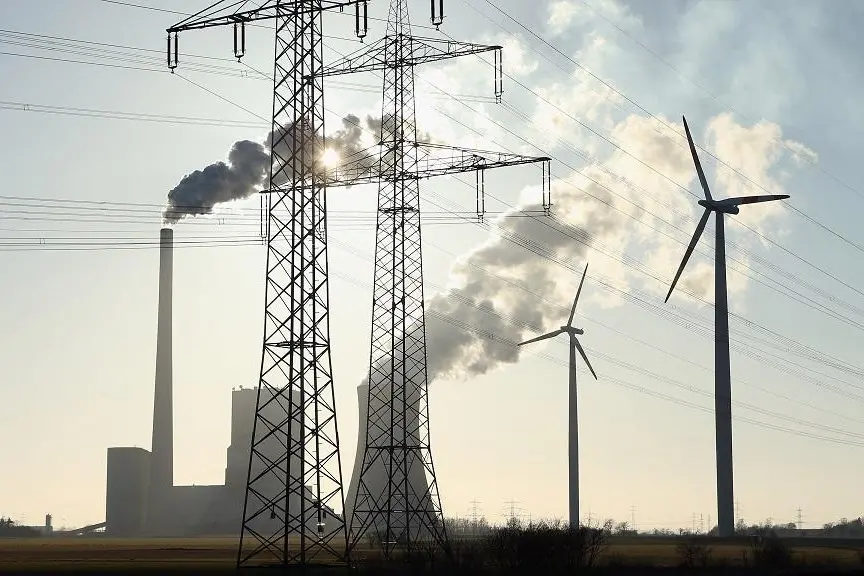PHOTO
DUBAI: The United Arab Emirates (UAE) will become the first country in the region to deliver “safe, commercial and peaceful nuclear power,” Sultan Ahmed Al-Jaber, Minister of State in the UAE, and Chairman of Masdar, announced in his opening speech at the Abu Dhabi Sustainability Week (ADSW) on Monday.
Held under the theme “Accelerating the pace of sustainable development,” the event’s 2020 edition is taking place from Jan. 11 to 18 at the Abu Dhabi National Exhibition Centre, bringing together policy makers, technology pioneers and industry specialists. Hosted by the Abu Dhabi Future Energy Company, Masdar, the event is also focusing on the role of youth as the next generation’s sustainability leaders.
Reviewing the UAE’s progress in the field of sustainability, Al Jaber referred to initiatives under Masdar and the Mohamed Bin Zayed Solar Park, calling the country one of the region’s first movers in promoting and investing in advanced energy.
“We live in a time where break-through technology is delivering unprecedented progress to humanity,” he said, noting that in the first two decades of the 21st century, life expectancy reached new heights, global child mortality was cut in half and the middle class more than doubled.
On the other hand, while human progress is accelerating, another key challenge is emerging- “how to produce the energy and resources the world needs while protecting the world we all share together?” he asked.
Taking the challenge “head on,” the UAE has launched renewable energy projects locally and across 25 other countries around the world totaling almost 12 GW, said Al Jaber.
“Nationally within the UAE, we have grown our renewable portfolio by over 400 percent in the last 10 years and we are well on track to double it again in the next 10 years.”
Among the guests were Shaikh Mohamed bin Zayed Al Nahyan, Crown Prince of Abu Dhabi, Deputy Supreme Commander of the UAE, Sheikh Hamdan Bin Rashid Al Maktoum, Crown Prince of Dubai, and the President of Indonesia Joke Widod.
This year, nine main topics will be discussed; artificial intelligence and the society, energy, climate change, space exploration and technology, health, water, food and technology for a better life.
Al Jaber pointed to the UAE’s decision to deliver nuclear power this year as a move that complements the country’s clean energy portfolio.
However, as the country diversifies into clean energy, it will continue to invest in “responsible production of traditional forms of energy,” he said.
Al Jaber vowed that by 2030, the UAE will reduce its greenhouse intensity by an additional 25 percent, and would limit its fresh water consumption to below 0.5 percent of its total water use.
The country also aims to increase its carbon capturlization and storage program by 500 percent to capture the same amount of carbon dioxide as 5 million acres of forest, he said.
“We will plant 10 million mangroves in Abu Dhabi’s Al Dafrah region, preventing coast line erosion and protecting the biodiversity off shore and on land,” he added.
On space technology, Al Jaber made another announcement stating the UAE had designated 2020 as the year to plan and prepare for the next 50 years.
“Last year the UAE made history by putting a man in space, and this year we will make history again by sending a probe to Mars,” said Al Jaber.
He also referred to the Mohamed bin Zayed University for Artificial Intelligence located in Masdar City, as the world’s first research-driven AI educational institution.
Launched several months ago, Al Jaber said the university makes the UAE a center for the international AI community and feeds into Masdar’s hub to translate groundbreaking ideas into practical solutions for a sustainable future.
“We are investing in our youth, building a knowledge-based economy and fostering a true vibrant culture if innovations.”
Copyright: Arab News © 2019 All rights reserved. Provided by SyndiGate Media Inc. (Syndigate.info).





















